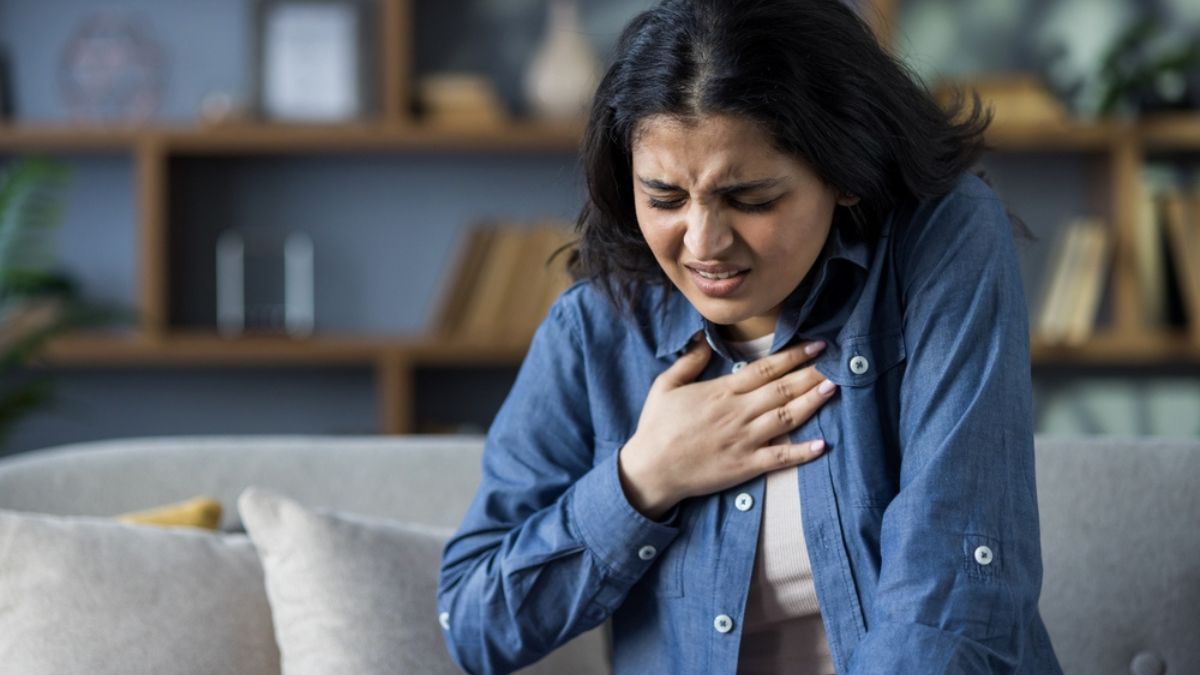Heart health: Early cardiac signs you should not ignore

Heart diseases remain one of the leading causes of death in India, and at an alarmingly young age. Your heart, however, does not simply give up. It sends many signs. Learn to recognise and listen to these.
Dr Chirag D, Consultant, Interventional Cardiology at Aster Whitefield Hospital in Bengaluru, said that most people automatically picture chest pain or a dramatic heart attack. However, there are subtle signs much before a catastrophe strikes.
One of these is chronic fatigue. When your heart doesn’t pump as efficiently as it should, your body compensates by redirecting energy away from muscles and other tissues. This leaves you feeling exhausted even after a full eight hours of sleep. It’s not just being tired—it is that persistent, unexplained exhaustion that doesn’t improve with rest.
Dr Jajati Keshari Padhi, Senior Consultant Interventional Cardiologist at Manipal Hospital in Bhubaneshwar, notes that shortness of breath is another critical warning sign that people frequently dismiss. You don’t need to run a marathon to feel winded.
It is the feeling of breathlessness that besets you after walking short distances, climbing stairs, or even lying down. Many people brush this off as getting older or being out of shape, but it could signal that your heart is struggling to meet your body’s demands.
Any chest discomfort, even when mild, should never be ignored. This discomfort can manifest as varying degrees of pressure, tightness, or burning sensations in the chest. It might come and go with physical exertion, emotional stress, or seemingly random moments.
Dr Pradeep Haranahalli, Consultant, Interventional Cardiology at Manipal Hospital Whitefield, Bengaluru, adds that this pain often radiates beyond the chest, extending to the arm, neck, or jaw.
These symptoms are frequently mistaken for heartburn, gastric problems, or acidity, leading people to delay seeking medical attention when they should be heading to the hospital.
The symptoms that women experience differently
Women often experience less obvious symptoms that are easily dismissed. Instead of the classic chest pain, women might experience jaw pain, back pain, nausea, or extreme fatigue.
Women may experience indigestion-like symptoms that mask the underlying heart condition.
These atypical presentations mean that women’s heart problems are often diagnosed later, when the condition has progressed further. Thus, understanding these subtle hints is crucial.
Physical signs that your heart is struggling
· Swelling of the legs, ankles, or abdomen often indicates fluid accumulation—one of the most common complaints in heart failure. This swelling occurs because when your heart can’t pump effectively, fluid backs up in your system.
· Orthopnea—a dry cough and breathlessness that’s triggered by lying flat and usually relieved by sitting upright. This seemingly simple symptom can be an important indicator of heart problems that many people overlook.
· Palpitations and irregular heartbeats are also significant, especially when accompanied by dizziness, faintness, or severe anxiety. Fainting, dizzy spells, or blackout episodes are common symptoms that should never be ignored.
High-risk groups
Elderly individuals and those with diabetes face unique challenges in recognising heart problems.
Instead of chest pain, they may experience unusual fatigue and shortness of breath, which are frequently dismissed as age-related sluggishness.
Waiting can be fatal
Most people tend to wait because these symptoms appear manageable or unrelated to the heart. However, this waiting can be dangerous.
The symptoms might seem minor or disconnected from heart health, but exploring them too late could delay diagnosis and lead to more severe problems.
Do not dismiss your symptoms as stress or normal ageing. When something feels off—no matter how vague, get it checked.
The message from all three cardiologists is clear: don’t wait. Listen to your body. The few minutes it takes to seek medical attention could add years to your life.
Health